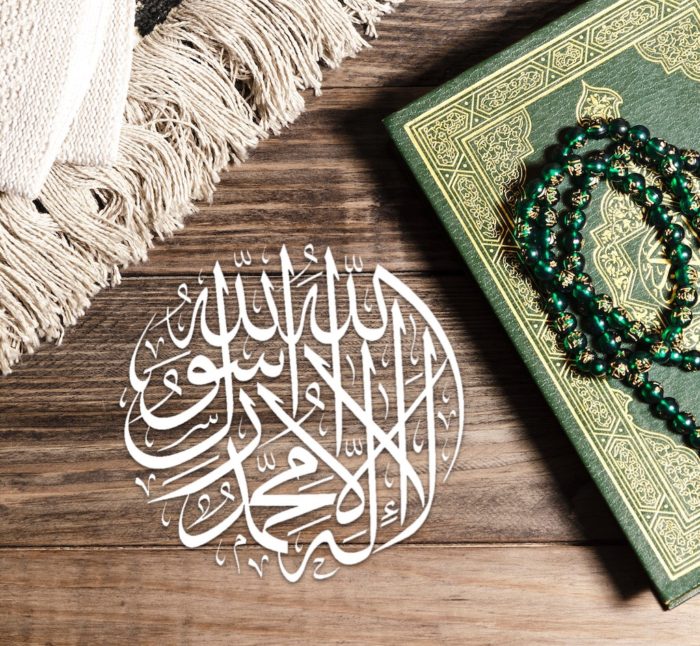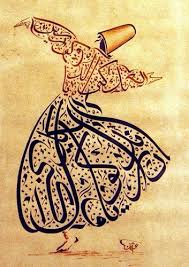By Fariha T. Rahman
“I bear witness that there is no god except Allah, and I bear witness that Muhammad(pbuh) is the messenger of Allah.” The above is the testament uttered to enter the fold of Islam, one of the world’s major religions with more than 1.5 billion followers. Like many religions, there are numerous sects to which Muslims can belong. Throughout the course of history, a multitude of groups were created due to different opinions, traditions and cultural adaptations.
Most of the American public may be unaware of these different sects, and assume everyone who accepts Islam is identical. As a Muslim, I have had various experiences regarding the broad Islamic identity. It is fascinating and equally tormenting to see how others respond to the diversity within the Muslim community. Some celebrate the unity among the believers, while others oppose differences and discharge heavy criticism.
One factor that provokes great controversy is having multiple identities as a Muslim. These include nationality, religious sects, physical appearance and sexuality. Each identity has a specific subgroup considered privileged, while the others are stigmatized. The specific term used to investigate these circumstances is “intersectionality,” which supports the notion of social categories including class, race, religion and gender as being interconnected, with those who align themselves with multiple “minority” groups facing interdependent systems of disadvantages.
This term was coined by Dr. Kimberle Crenshaw, a law student at the time, who used it to emphasize the oppression of African American women. She claimed that the injustice towards women of color is greater compared to that experienced by White women and Black men, since they face both racism and sexism. For the purpose of evaluating this within groups of Muslims, my identification will be used.
I was born in Bangladesh, am part of the Sunni sect, observe hijab, and identify as a heterosexual female. By identifying my advantages, I sought to understand my position on the societal spectrum.
The widespread image of the “ideal” Muslim consists of originating from the Middle East, speaking Arabic, agreeing with the predominant Sunni sect, wearing modest clothing (the headscarf for women), and being heterosexual. This popular description fails to include most Muslims, myself included. The areas in which I coincide with this image are being Sunni, heterosexual, and wearing modest clothing. The attributes I lacked included my not originating from the Middle East, and not speaking Arabic; however, this was partially accounted for by my South Asian culture and my having a lighter complexion.
Personally, there aren’t many issues in my interactions with non-Muslims. It is rare to see anyone staring or commenting about my appearance, which I link to the diverse environment in New York City. I often receive compliments and friendly gestures, while some greet me by exclaiming, “Asalamu Alaikum!” This situation is similar regarding most Muslims. When socializing, I never had the desire to scrutinize anyone for their flaws or differences.
Unlike me, there are individuals who make assumptions about someone’s religious status from external factors. They target members of the LGBTQ community, non-Arabs and those who do not abide by clothing restrictions. These Muslims argue it is unlawful to accept behavior that contradicts the Qur’an, therefore their “duty” is to eliminate it. It is ironic how these self-proclaimed “true” Muslims commit some of the greatest sins in their religion.
This conflict is evident in several Muslim nations, including Iraq, Syria, and Afghanistan. The sectarian disputes magnify to a level where it converts into political hostility. The different ideologies among the sects become a source of justification for warfare and general crimes, like rape and murder. Original teachings and beliefs of Islam are changed through censorship and propaganda to support illicit actions. This is exemplified by some “religious” individuals claiming that Muslim women should remain at home and not pursue an academic path or career. This notion can be swiftly invalidated, as Prophet Muhammad(pbuh) had declared, “It is obligatory for every Muslim, male or female, to acquire knowledge.” Many societies attempt to harness more power by using religion as a weapon. Insufficient knowledge and cultural adaptations lead to these Muslims being brainwashed, oppressed and/or exploited.
I was always surrounded by Muslims who made the religion seem like a burden, as they had limited and biased beliefs. It was only a few years ago that I gained interest and began researching about my religion, specifically after encountering a few Muslims on Instagram. My heart swelled as I read about the Qur’an and the liberating principles in Islam. The primary reason I was attracted to this religion was not from criticism or force, rather mercy and goodness. I do not dare to imagine my life if a Muslim had insulted or threatened me. I have been taught to love every living being in spite of all distinctions. In the Qur’an, verse 70 of the 17th chapter states, “And We have certainly honored the children of Adam and carried them on the land and sea and provided for them of the good things and preferred them over much of what We have created, with [definite] preference”. Allah makes it explicit that he has honored and respected every son of Adam, interpreted as every human being.
Those highly educated in the Islamic laws of the Shari’ah and the Qur’an are known to advocate for faith, hard work, and respect. They will explain that attempting to invalidate someone’s Islamic identity fails to yield any positivity or progress. It is frustrating to witness Muslims exchanging threats and causing destruction in the name of Allah. The tongues that have uttered the same testament of faith then unravel into vicious snakes, poisoning their hearts and souls.


